نبذة عن كتاب Impact of Science Education on the GCC Labor Market
The large population of expatriates and other non-nationals has outpaced the population of nationals in many Gulf Cooperation Council (GCC) countries. Expatriates have come to Gulf countries to fill several niches in the labor market, which has segmented the labor market around wages, skills and employment sectors. This labor market segmentation has been characterized by GCC nationals holding stable and high-status jobs in the public sector, which generally do not require specific education or skills. However, the labor market is becoming increasingly less segmented as expatriates and non-nationals continue to fill private sector positions throughout the GCC labor market at all levels of pay and responsibility. Evidence suggests that creating both a competitive and amenable labor market for GCC nationals in the private sector will require a labor strategy focusing on strengthening investment in human capital. Doing this requires a significant investment in education either formally or informally. From a policy perspective, science education has been perceived to be one of the most important and rapid methods of building human capital for labor market readiness and productivity.
This monograph contextualizes the labor market relative to science education and vice versa in the GCC countries, and summarizes the literature on the topic before turning to the 2007 Trends in International Mathematics and Science Study (TIMSS) data to examine comparatively science education and expectations for university and labor market transitions within and across GCC countries compared to international trends. This data is also examined to determine the specific differences in GCC nationals’ and non-nationals’ science knowledge and skills acquisition, which contribute to labor market participation and productivity in GCC countries. Finally, the TIMSS 2007 data is analyzed to compare the differences between national and non-national expectations and understanding of the labor market relative to their science knowledge and skills. The findings reported here provide a data-based portrait of the contribution of science education in GCC countries to labor market potential and participation of nationals and non-nationals. The results of these analyses provide a strong evidence base for policymakers in GCC countries to make decisions about science education and labor market policy. Finally, the monograph itself concludes with several evidence-based policy recommendations for complementing existing strategies aimed at creating a more competitive environment for the transition of GCC nationals into the private sector labor market in GCC countries.تجاوزت الأعداد الكبيرة من الوافدين، أعداد المواطنين، في الكثير من دول مجلس التعاون لدول الخليج العربية، وقد جاء الوافدون إلى دول الخليج؛ لملء الكثير من الوظائف في سوق العمل؛ الأمر الذي قسم سوق العمل، حول فئات الأجور والمهارات وقطاعات التوظيف، وقد تميز تقسيم سوق العمل، بشغل مواطني دول مجلس التعاون، وظائفَ مستقرة ورفيعة في القطاع العام، وهي وظائف لا تتطلب – بشكل عام – تعليماً أو مهارات معينة، لكن التقسيم في سوق العمل، يتراجع بشكل متزايد، بينما يواصل الوافدون ملء المواقع في القطاع الخاص، في أرجاء سوق العمل في دول مجلس التعاون، على مستويات الأجور والمسؤولية كافة، وتشير الأدلة إلى أن إقامة سوق عمل منافسة ومطواعة معاً، لمواطني دول مجلس التعاون في القطاع الخاص، ستتطلب استراتيجية عمل، تركز على تعزيز الاستثمار في رأس المال البشري، ويتطلب فعل هذا، استثماراً جوهرياً في التعليم بشكل رسمي وبصورة غير رسمية معاً، ويُنظر إلى تدريس العلوم – من وجهة نظر السياسات – على أنه من أهم أنواع الوسائل وأسرعها؛ لبناء رأس المال البشري؛ من أجل جهوزية سوق العمل وإنتاجيتها.وتضع هذه الورقة، إطاراً لسوق العمل المتصل بتدريس العلوم، في دول مجلس التعاون، وتلخص حصاد الدراسات المتعلقة بهذا الموضوع، قبل الانتقال إلى بيانات التوجهات الدولية في دراسة الرياضيات والعلوم لعام 2007؛ لمقارنة تدريس العلوم، والتوقعات حول التحولات في الجامعات وسوق العمل، داخل دول مجلس التعاون، مع التوجهات الدولية، كما تأتي دراسة البيانات هذه؛ للتعرف إلى الاختلافات المحددة، في معرفة مواطني دول مجلس التعاون والوافدين بالعلوم، والحصول على المهارات التي تسهم بالمشاركة في سوق العمل، والإنتاجية في دول مجلس التعاون، ويأتي تحليل بيانات التوجهات الدولية في دراسة الرياضيات والعلوم، أخيراً؛ لمقارنة الاختلافات بين توقعات المواطنين وغير المواطنين، وفهمهم سوقَ العملِ المتصلِ بمعرفتهم ومهاراتهم العلمية؛ ولذلك، تنظر هذه الورقة، في الاختلافات المفترضة بين الطلاب المواطنين والطلاب الوافدين، وتشير إلى إسهامهم المحتمل في سوق العمل، في اقتصاد المعرفة المزدهر، في منطقة الخليج، على ضوء أدائهم التعليمي الملاحظ.وتقدم النتائج الواردة هنا، صورة تستند إلى البيانات، حول إسهام تدريس العلوم، في دول مجلس التعاون، في إمكانات سوق العمل، وإسهام المواطنين والوافدين؛ ويأتي هذا التحليل الوصفي، مُدعّماً بتحليل انحدار متعدد المستويات، في المعرفة والمهارات والتوقعات الفردية لدى الطلاب، مع أخذ متغيرات المكانة الوطنية وظروف سوق العمل، ومتغيرات مستقلة أخرى، في الحسبان، وتقدم نتائج هذه التحليلات، قاعدة دلائل قوية، إلى صناع السياسة في دول مجلس التعاون؛ لاتخاذ القرارات، حول تدريس العلوم، والسياسة المتعلقة بسوق العمل، وتخرج الورقة ذاتها أخيراً، بعدد من توصيات السياسات التي تستند إلى الأدلة؛ لدعم الاستراتيجيات القائمة التي تهدف إلى توفير مناخ أكثر تنافساً؛ لانتقال مواطني دول مجلس التعاون، إلى سوق العمل في القطاع الخاص في دول المجلس.
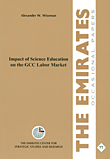
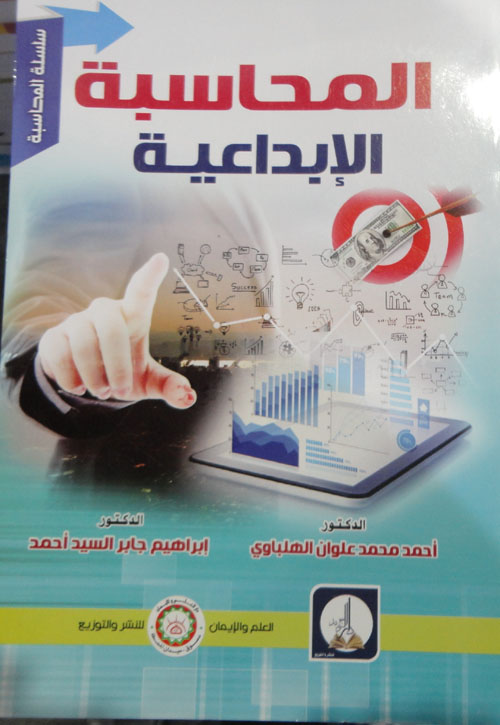

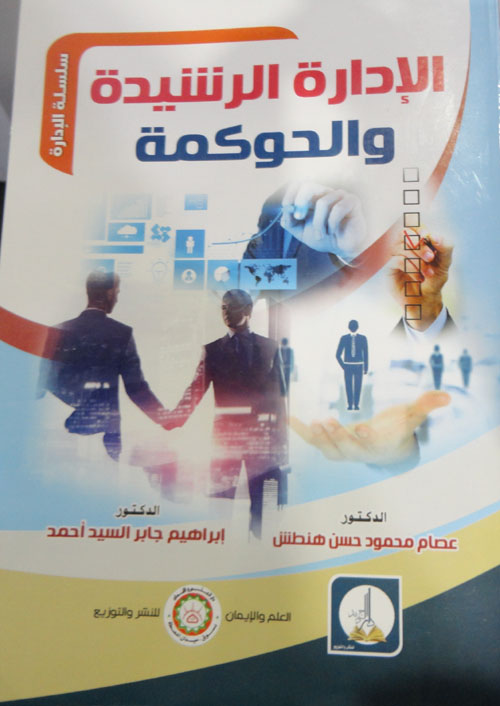
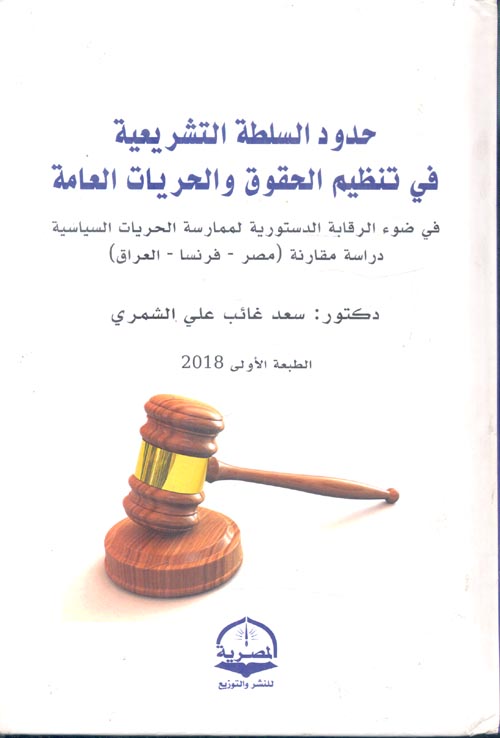
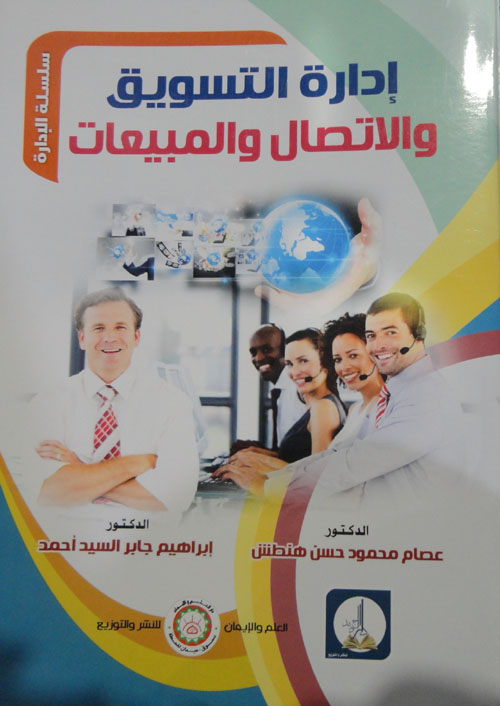


المراجعات
لا توجد مراجعات بعد.